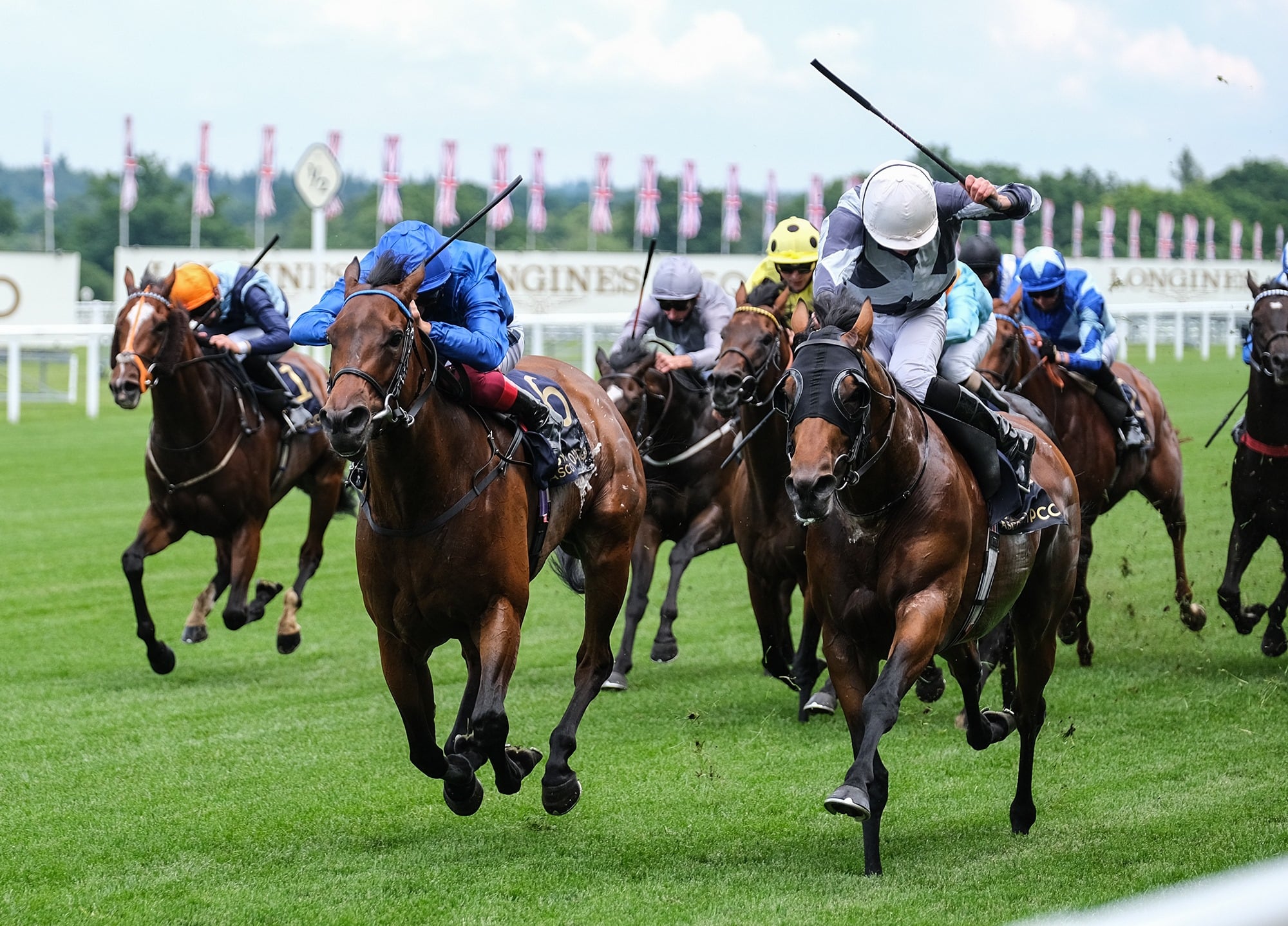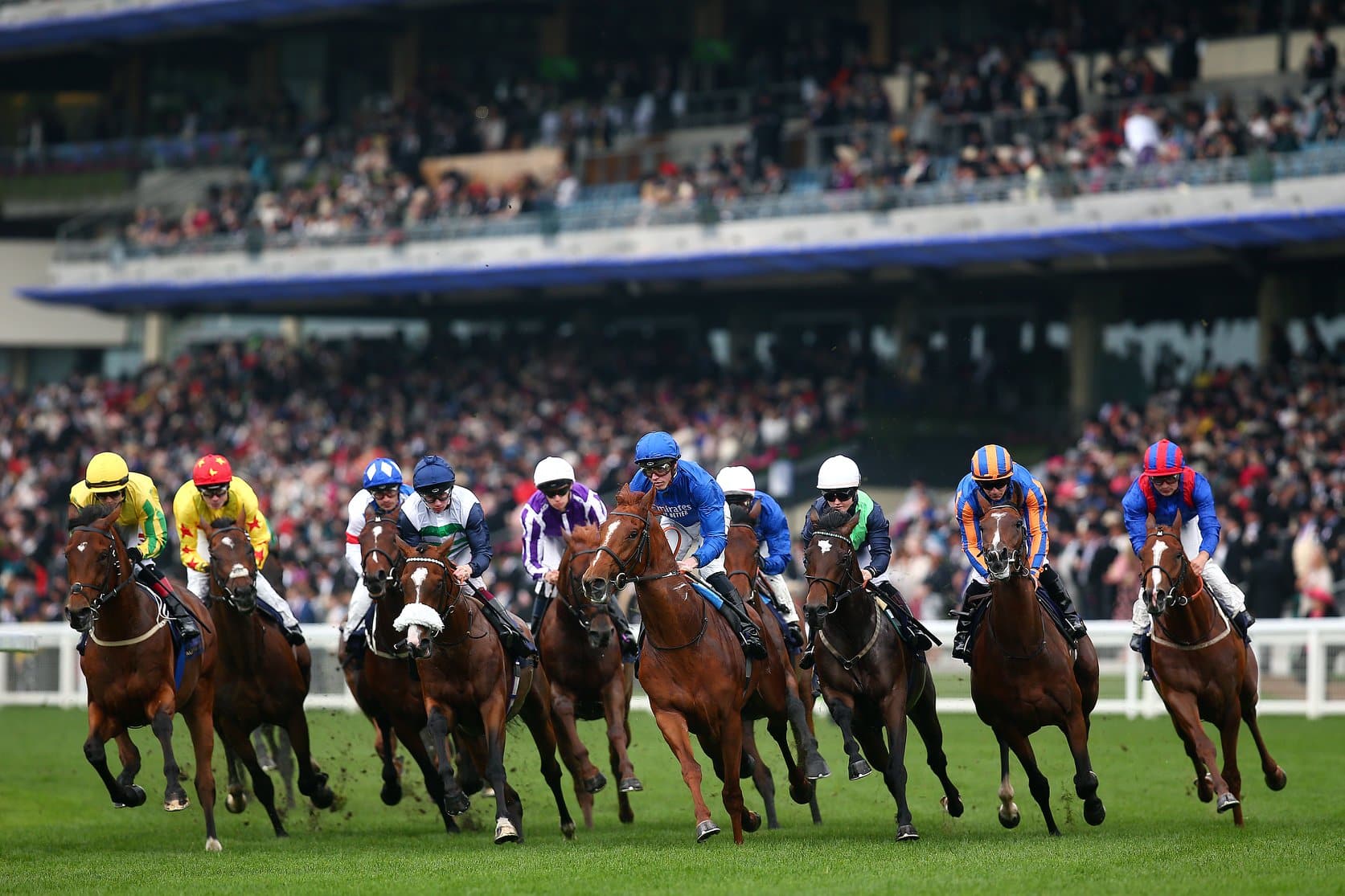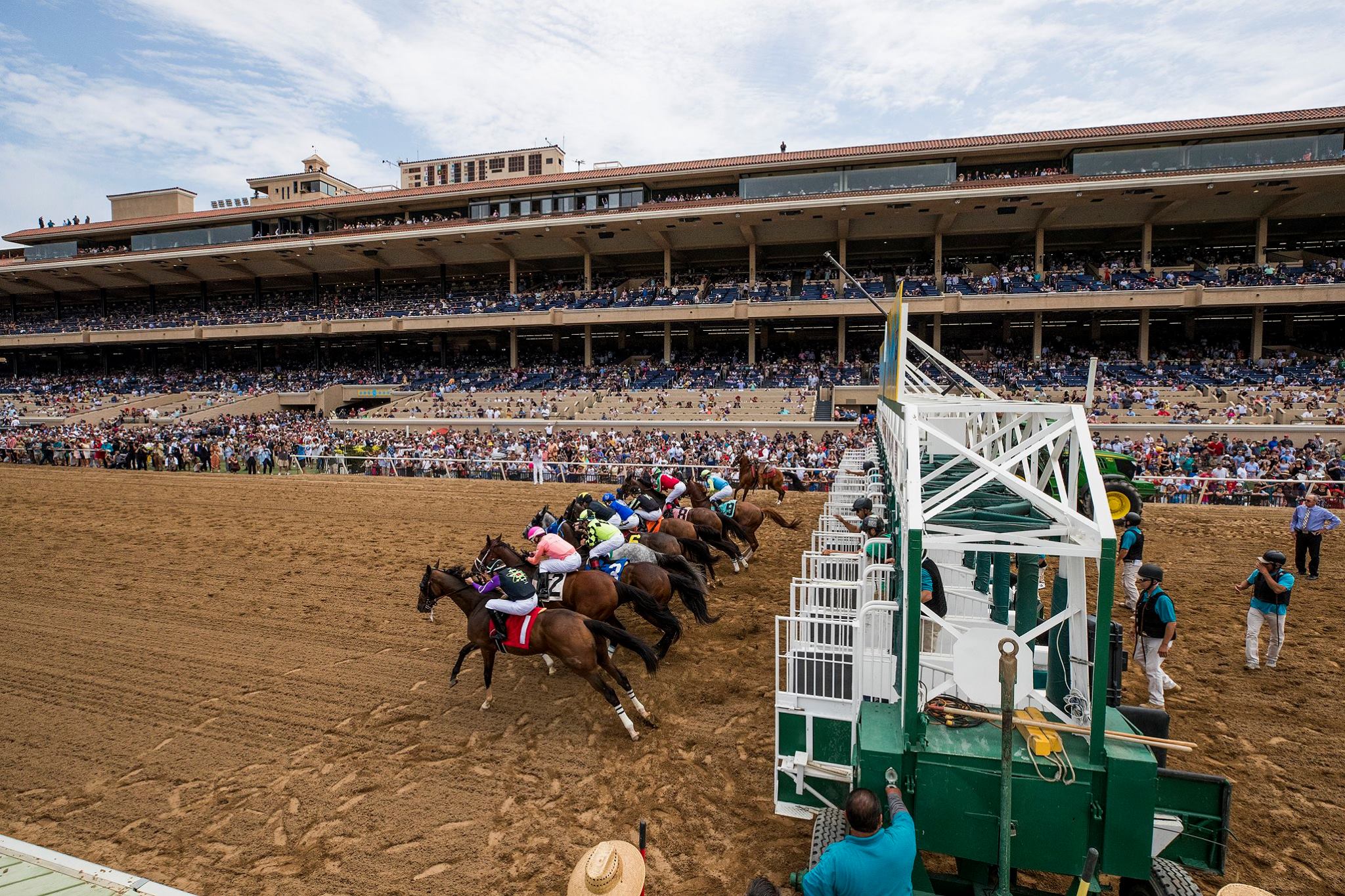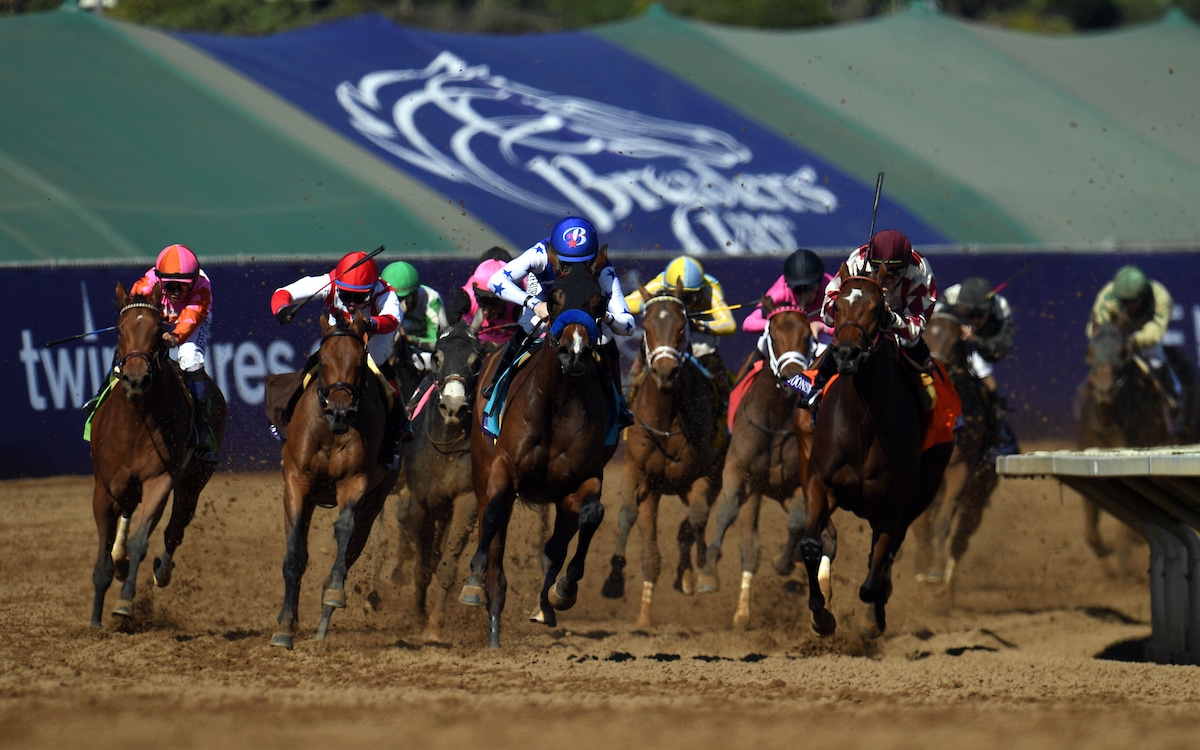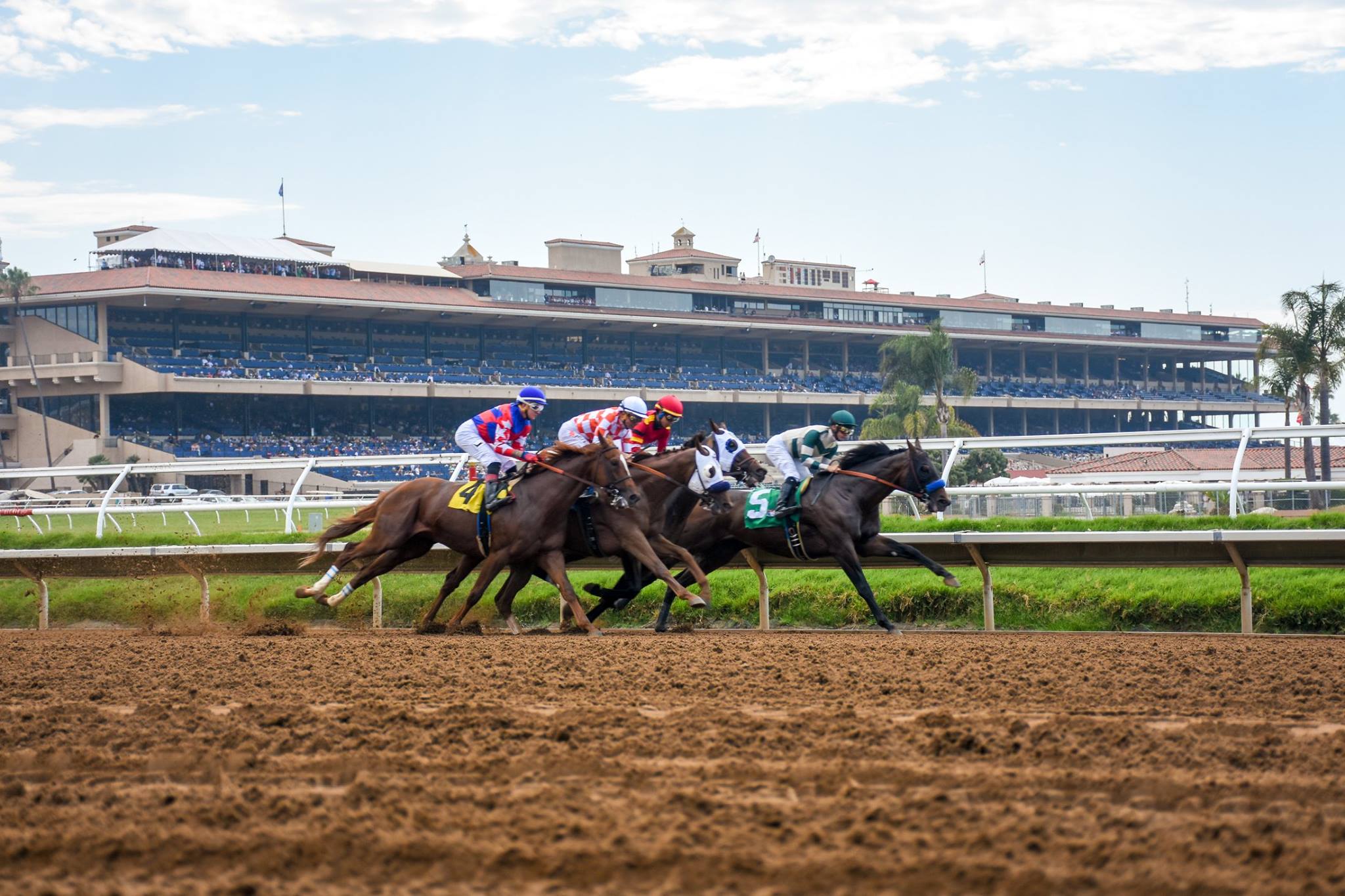
Taking a look at the greatest Arab racehorses in racing’s long and glorious history (Photo credit: © Martin Applegate | Dreamstime.com)
Anyone with an interest in horse racing or horses more generally knows that all modern-day Thoroughbreds descend from three famous sire lines: those of the Darley Arabian, Godolphin Arabian, and Byerley Turk.
Imported into England in the early 1700s, the Darley Arabian was foaled sometime around the turn of the century. Purchased in Aleppo, Syria in 1704, he was shipped to Aldby Park in England where, by 1722, the bay Arab, standing around 15hh and described as having ‘substantial beauty and refinement’, had become the leading sire in Great Britain and Ireland.
Likewise, the Godolphin Arabian was a foreign import. Foaled in Yemen around 1724, he was at one time owned by King Louis XV of France, before being brought to England by Edward Coke. Another bay, also around 15hh, he was distinguishable by his defined crest and powerful conformation. He too became the leading sire in Great Britain and Ireland, holding the title in 1738, 1745, and 1747.
Less celebrated, but equally important, is the Byerley Turk. The warhorse of Captain Robert Byerley, he’s believed to have been captured at the Battle of Buda. The earliest of the three foundation stallions, he was renowned for his superior speed, elegance, and courage. Despite his name and Turkish origins, the striking black is thought to have been an Arab, though longer in body and larger in size than the breed’s foundation stock.
What this makes eminently clear is that Thoroughbreds are not the only breed with an exceptional turn of speed; their direct ancestor, the Arab, undoubtedly possesses the same phenomenal athletic prowess, bravery, and stamina.
While we in the West are sometimes guilty of forgetting this, our Middle Eastern counterparts have not, and Arabian racehorses in this and other parts of the world remain incredibly popular. We take a look at some of the finest examples ever to run.
Alanudd aka Unchained Melody
Arguably the greatest Arab racehorse ever to have lived, Alanudd was bred in the United States but primarily raced in the UAE. Triumphing in all of the top Arabian races, she enjoyed a phenomenal career that lasted an astonishing seven years – a testament to her fabulous speed and endurance.
The only horse to have won the Dubai Kahayla Classic on three separate occasions, her record is expected to endure long into the future. Winning 36 starts out of 37, Alanudd was incomparably dominant on the racetrack, often taking the lead from the very start and holding it until the bitter end.
Following in her footsteps, Alanudd’s daughter, Mizzna, also enjoyed significant success on the track.
Maha aka Joyzell
The late president of Dubai, Shaikh Zayed Bin Sultan Al Nahyan, was lucky enough to own not only the incomparable Alanudd but also the mesmerising Maha. A breed apart from her competitors on the track, the diminutive Arab was known for leaving her rivals in the dust.
The American-bred mare was renowned for her sterling record of wins. Never having lost, the champion sprinter had 29 victories from 29 starts, 25 of these in the United Arab Emirates running under the colours of the Sheikh.
Her progeny and descendants have enjoyed similar success, although none of them have quite managed to rival her record on the racetrack.
Mushrae
At one time voted the best Arab racehorse of his age, French-bred Mushrae was the winner of the most expensive Arabian contest in the world in 2013, when he stormed home with the 700,000-euro prize at the Qatar Arabian World Cup.
Held in Paris in October of that year, Mushrae was dominant on track throughout, leaving his rivals in the dust. Ridden by Christopher Soumillion, the chestnut was in training with Frenchman Jean-Pierre Totain at the time, although the colt was bred by Sheikh Mansour bin Zayed al Nahyan in Abu Dhabi.
He remains one of the sheikh’s most prized and talented horses to date.
Messi
Having stormed home with the win in the Sheikh Zayed Bin Sultan Al Nahyan Jewel Crown on December 4th 2020, the horse is kept just 30 kilometres from Antwerp and has so far contributed more than $800,000 to the stable’s prize pot.
Now rising nine, Keesmaekers has no plans for the horse’s retirement just yet, intending to aim him at another jewel in the Arabian racing crown: the Obaiya Arabian Classic and its two-million-dollar prize.
For those with an interest in betting, the grey and his exceptional turn of speed are worth keeping an eye on. Opening the door to sports betting in the Middle East, sites like Arabianbetting collate a variety of online horse betting platforms in the region can help users get involved in the action even when it’s taking place overseas. The accompanying information on odds and guides for how to bet can also be helpful for those with limited experience.
With Messi representing only the latest star in a long line of exceptional Arabian racehorses, we recommend that racing enthusiasts cast their sights beyond the familiar and become involved in some new, different, but equally exciting on-track action in 2021.


